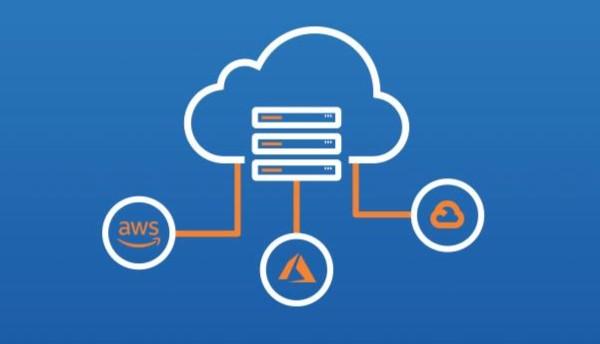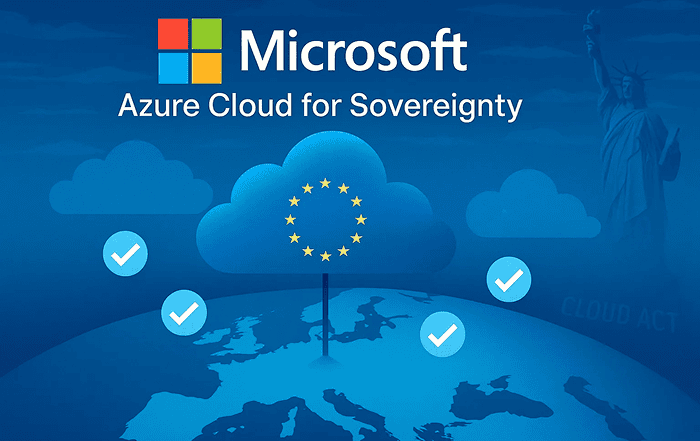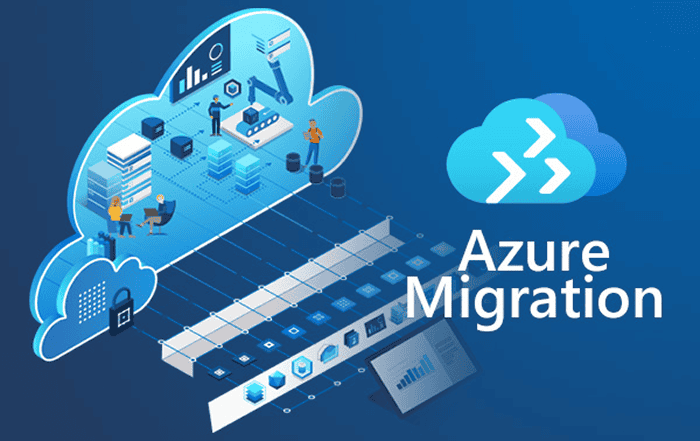
Today many organizations are taking their business to Cloud platforms to become more efficient in operations and reduce costs innovatively. There is no doubt about opting for Cloud Computing services. But there may be confusion about which cloud platform to use. We can see that there are a number of cloud service providers competing in the market among which AWS, Azure, and Google Cloud are the top ones. AWS Cloud services are provided by the tech giant Amazon which delivers on-demand cloud computing services.
Similarly, Azure is a cloud platform from Microsoft and Google Cloud or GCP is by Google. All these three cloud platforms are the leading cloud providers with different services.
Here in this article, you will come to know the key differences between AWS vs Azure vs Google Cloud. This will enhance your learning and give you the right skills to choose the right cloud platform.
Further, if you’re an aspiring AWS Cloud Engineer and want to get skilled in cloud computing. Then you can opt for AWS Training for a real-time learning experience on the cloud services with expertise.
Cloud Computing Overview
Cloud Computing is a service that delivers on-demand computing services through cloud platforms like storage, apps, and processing. A cloud service provider will provide all the resources over the web to the organizations. This service reduces the huge upfront costs, investment in the cloud computing infrastructure, etc. that enterprises need to bear. Moreover, they offer these services on a pay-per-use basis which means you can pay as per usage.
Furthermore, there are many benefits of migrating to a cloud platform for a business entity. Such as:-
- Reduced Costs
- Flexibility
- Quick Processing
- High Security
- Quality Control
- Competitive benefit
- Fewer Damages
- Performance Improvement
A business can get all these advantages through cloud computing services.
Now let us know the various factors of comparison between AWS vs Azure vs Google Cloud services.
AWS vs Azure vs Google Cloud
Learn about these cloud services platforms individually in brief.
Amazon Web Services
AWS is a leading and extensive cloud computing platform offered by the tech giant Amazon. It was launched publicly in the year 2006 and offers various computing services. Such as storage, database, analytics, networking, developer tools, IoT, etc. Therefore, it holds a large market share in cloud services. It offers cloud platform paid subscriptions to many individuals, companies, and govt. organizations.
Moreover, AWS cloud services consist of Amazon S3, EC2, EBS, CDN, etc. Also, its a reliable, low-cost infrastructure, and highly scalable cloud platform along with more than 80 availability zones.
Microsoft Azure
MS Azure is a public cloud computing platform offered by Microsoft Inc. which was launched publicly in 2010. It offers a variety of products and services to many businesses to address the current challenges. Using Azure’s cloud services like networking, IoT, DevOps, storage, web, services, security, etc. many companies benefit. MS Azure also spread to 60+ regions across the globe.
Google Cloud
GCP or Google Cloud Platform is a cloud computing service offered by Google Inc. Many industries today rely on GCP to meet their business challenges. The popular cloud computing services by GCP include data storage, analytics, ML, IoT, networking, etc. Moreover, Google Cloud has varied features like open-source, multi-cloud, and hybrid cloud. With more than 100 different products, it is spanning its global network to more than 200 countries.
Now let us see some key differences between AWS vs Azure vs GCP.
AWS vs Azure vs Google Cloud Comparison
- All AWS, Microsoft Azure, and Google Cloud platforms provide hosting in multiple locations across the globe. But they have different availability zones such as AWS has 80+, Azure holds 60+ areas, and Google Cloud has 85 availability zones.
- Top customers of AWS, Azure, and GCP include Airbnb, Netflix, BMW, Toyota, Daikin, HP, Twitter, Forbes, PayPal, etc. respectively.
- The shares and growth rate of these cloud services providers stand with- AWS- 31%, MS Azure- 22, and GCP- 8%.
- Computing services that these companies provide to their respective clients include the below. AWS uses Amazon EC2, MS Azure uses VMs, and GCP uses Google Compute Engine for computing IaaS services. For Serverless functions Amazon uses Lambda, Azure uses Azure functions, and GCP uses Google Cloud Functions.
- Further, the three Cloud platform service providers are competing highly with each other. They have launched some key cloud tools based on the existing trends and demands of customers. Such as:- AWS started AI, ML, and Sagemaker tools, MS Azure started
- Cognitive Services, and GCP started IoT and Serverless services.
- Moreover, the file storage services offered by these companies include- AWS – EFS, MS Azure uses- Azure Files, GCP uses ZFS, and Avere.
- They also offer some hybrid and multi-cloud service options to their clients. Such as- AWS provides Snowball, Outposts, ECS Anywhere, Wavelength, etc. Azure offers Azure Arc, Blob Storage, Backup, Stack, Active Directory, etc. GCP offers Looker, Cloud build, etc.
- Also, the cost of cloud computing services varies between them depending upon the use of instances.
AWS vs Azure vs Google Cloud: Benefits and Drawbacks
The following benefits and drawbacks we can see for these cloud service providers.
Amazon AWS
There is no doubt that AWS is the leading cloud services provider in the current cloud computing market. It offers more than 200 managed services and holds around 33% market share with ease of use benefits. Moreover, it has an extensive network of global data centers along with a huge range of operations.
Even having such great advantages there are some drawbacks also for AWS. The major drawback comes with its pricing solutions. Many large-scale business entities utilize AWS cloud services as the best cloud service provider. But even reducing its prices so many times, many industries find it extremely difficult to understand the pricing structure.
Microsoft Azure
MS Azure offers its cloud services by taking its on-premise services like Windows Server, MS Office, etc. to the cloud. Due to its integration facilities, many enterprises use these services easily. Also, it offers certain discounts to its customers upon service agreements.
However, business entities trust Azure services more due to on-cloud service needs. But the problem that comes here is with the platform’s maintenance and the expertise needed to use.
Google Cloud
GCP is also a strong competitor in providing cloud services to global clients. Google Workspace is the major cloud service it provides now. It also offers significant scaling along with load balancing capacities with specialized computing services like big data, ML, analytics, etc.
Despite many benefits, GCP has some drawbacks also. It doesn’t maintain the traditional relationship with the supervisory customers at the organizational level. But it is expanding its global data center footprints much faster to stay ahead of its competitors.
AWS vs Azure vs Google Cloud: which is better to choose?
It is most difficult to choose the right product and service for a business among the various choices. But the following points, in brief, will help to decide which one to choose.
AWS is the fastest-growing and most reliable public cloud services provider with an almost leading market share. The experts with AWS Skills are in high demand with good packages.
Azure has also high demand for its services including better security with a wide range of products.
GCP also offers customer-friendly tools with lower prices and getting significant growth in the market. Also, there is good demand for GCP skills with a good package.
Thus, choosing the best cloud platform highly depends upon multiple factors. So, you can choose to learn any cloud platform and implement those cloud skills to get a competitive benefit in this market.





